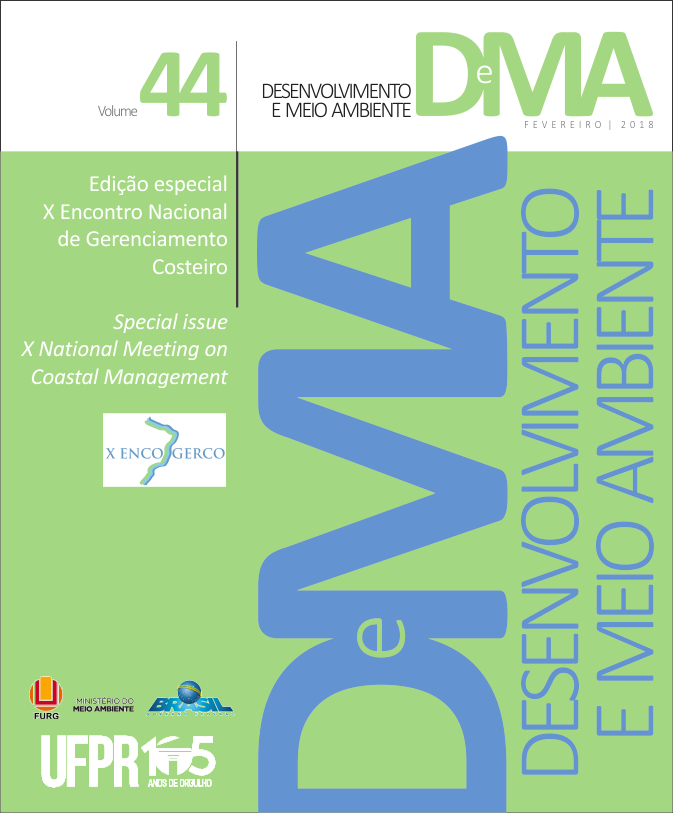The Catfish Artisanal Fishery in the Estuary of Patos Lagoon: A Debate on Fishery Management Anchored in Environmental Injustice
DOI:
https://doi.org/10.5380/dma.v44i0.54961Keywords:
fisheries management, artisanal fisheries, catfish, environmental justice, Patos LagoonAbstract
This study addresses the issues related to the catfish fishing ban in the estuary of Patos Lagoon/RS. Considered to be of great importance to artisanal fishers, the catfish were included in the list of endangered species, therefore a fishing ban was implemented. Such measure has as its background a fisheries management that reverberates unfairly on the artisanal fishers, whose traditional and social reproduction are also threatened. The present research is based on the debate about environmental justice, and analyses the current fisheries management mechanisms, in Brazil and in the estuary of Patos Lagoon, to then assess how the state centralized decision of the catfish fishing ban ignores the tradition of artisanal fisheries, denies the fishers’ rights, increasing their vulnerability. The research procedures involved: i) Literature review; II) Document analysis; III) Semi-structured interviews conducted between July and August 2016; IV) Observatory research. The main results make explicit that the artisanal fishers are characterized as traditional communities, and the importance of the catfish associated with the failure in capturing other species. It was found that when the list was drawn the fishers were not consulted, and therefore the existing advances in local fisheries management were not considered. The ban has imposed limitations on the social reproduction of artisanal fishers, given the multi-specificity of their fisheries in which the capture of catfish is associated with other species. In this scenario, considering the capture of catfish in the various artisanal fisheries, the catfish fishing ban precludes the fishers from their own existence. The absence of dialogue on the part of decision makers, paired with the inefficiency of the fisheries management mechanisms and environmental regulation, hold the fishers responsible for the environmental damage, disregarding their dependency of the same environment. In this scenario, it is necessary to overcome the dichotomy society-environment, commonly placed as a guiding element of fisheries management in Brazil.
Downloads
Published
How to Cite
Issue
Section
License
Copyright on works published in this journal rests with the author, with first publication rights for the journal. The content of published works is the sole responsibility of the authors. DMA is an open access journal and has adopted the Creative Commons Attribution 4.0 Not Adapted (CC-BY) license since January 2023. Therefore, when published by this journal, articles are free to share (copy and redistribute the material in any medium or format for any purpose, even commercial) and adapt (remix, transform, and create from the material for any purpose, even commercial). You must give appropriate credit, provide a link to the license and indicate if changes have been made.
The contents published by DMA from v. 53, 2020 to v. 60, 2022 are protected by the Creative Commons Attribution-NonCommercial-NoDerivatives 4.0 International license.
DMA has been an open access journal since its creation, however, from v.1 of 2000 to v. 52 of 2019, the journal did not adopt a Creative Commons license and therefore the type of license is not indicated on the first page of the articles.




